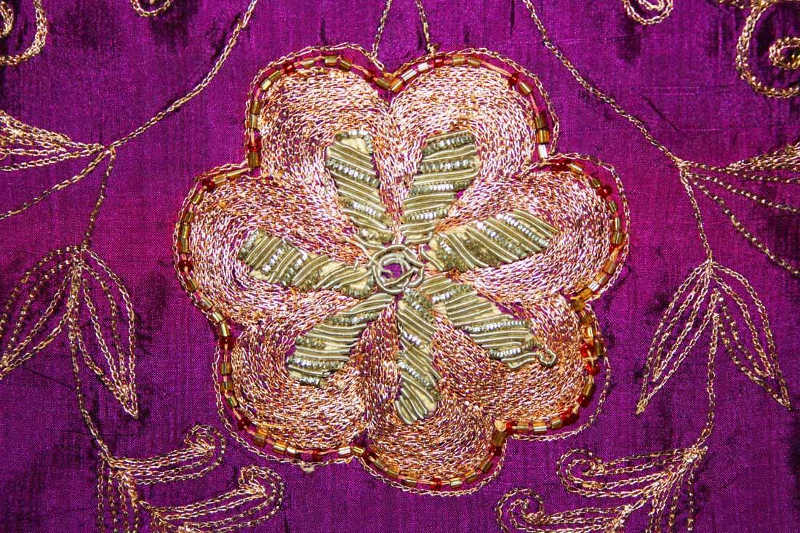===
0736,
14
===

=== |
 |
mūʾā : 'Dead, lifeless; impotent; dull; base, vile; —s.m. Impotent fellow; wretched creature, wretch'. (Platts p.1084)
ʿizzat : 'Might, power, grandeur, glory, honour, dignity, respect, esteem, reputation, good name'. (Platts p.761)
FWP:
SETS == IDIOMS
MOTIFS == LIFE/DEATH
NAMES
TERMS == IHAMWhat I find most striking is the use of mūʾī , one of the expressions that was most characteristic of 'women's language' [begamātī zabān], back in the days when the zanānah used to be a world set apart. The expression appears in Sayyid Ahmad Dihlavi's 'Dictionary of ladies' [language]' [luġhāt ul-nisā] (Delhi, 1875), not only with the literal meanings of 'dead' or 'dead body', but also as a synonym for colorful terms of abuse like nigoṛā , kam-baḳht , kam-naṣīb , nā-shād , nā-murād , ḳhānah-ḳharāb . Sayyid Ahmad Dihlavi elaborates further: 'This word comes to the lips in times of disgust and coquetry [tanaffur-o-nāz]'. He even provides examples of usage: 'The bitch has met her downfall!' [mūʾī kī shāmat āʾī hai] and 'The wretch torments me every day!' [muʾā mujhī ko roz satātā hai] (1917 ed., p. 272). The expression is used by Umra'o Jan in Rusva's novel, and also by many of Nazir Ahmad's female characters, especially older, less educated, and lower-status ones.
Thus the lofty attitude and high moral tone noted by SRF (the speaker prefers suicide to a loss of 'honor') are juxtaposed through that little mūʾī to a tone precisely the opposite: colloquial, flirtatious, lively, pettish, even perhaps a bit vulgar. When the vocabulary of the second line offers an abstract 'masculine' tone, including an ad hominem appeal to the-- presumably masculine-- listener, this tone is energized most enjoyably by the contrast with the down-to-earth, colorful 'feminine' particularity of the first line.
There's also excellent wordplay of complex kinds: not only muʾī and halāk karnā , but also a special piece of 'misdirection' in mirī , the metrically shortened form of merī , which in this form is visually indistinguishable from marī , the feminine singular perfect of marnā .
Note for meter fans: Though mūʾī ought in terms of spelling to be scanned long-flexible, it's actually scanned (and pronounced) short-flexible. For a list of such exceptional cases, see the glossary of A Practical Handbook of Urdu Meter.